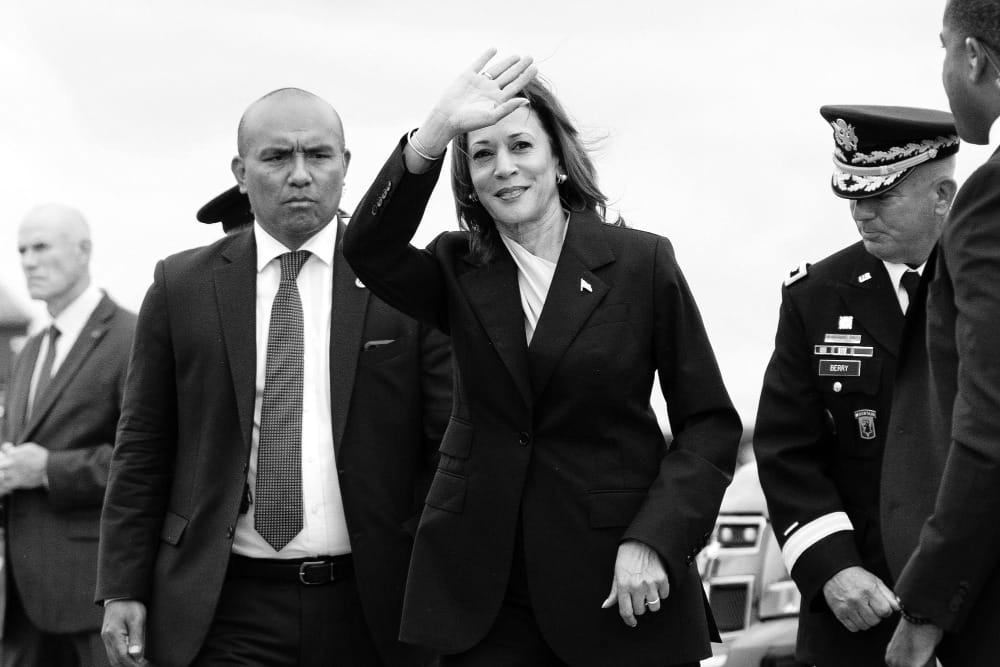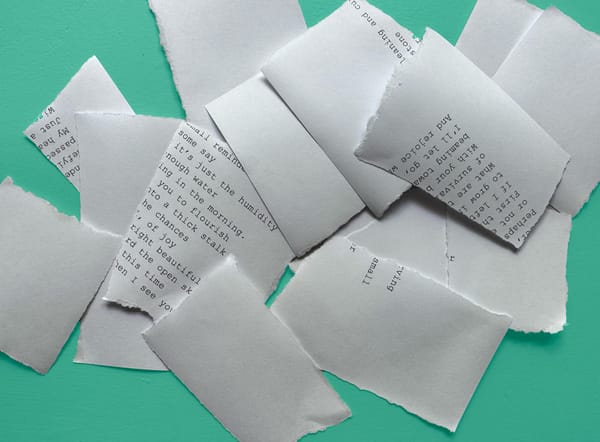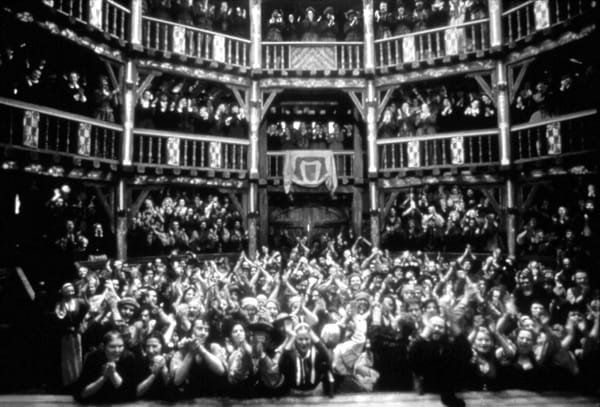It’s a Big Deal That a Woman Is Running For President. Here’s Why.
Despite the support of many, the path for Kamala Harris to the Democratic nomination, and indeed the presidency itself, comes with significant headwinds.

Earlier this month, the New York Times columnist Nicholas Kristof wrote a column under the headline, “It’s No Big Deal That a Woman May Be President. What a Beautiful Thing.”
I can’t argue with him on the second part of that headline. But the first part? It’s actually a very big deal.
On Sunday, Joe Biden officially dropped out of the presidential race, firmly endorsing Vice President Kamala Harris in his stead. Other endorsements followed in quick succession including from former President Bill Clinton, former Secretary of State Hillary Clinton, Sen. Elizabeth Warren, billionaire nonagenarian George Soros, and Gov. Gavin Newsom of California. Headlines ran briefly that Sen. Joe Manchin was considering a run, but then he too stepped back. (At 76, probably best not to put the age thing back to the test. Again.)
By Monday, the former Speaker of the House, Nancy Pelosi had issued a statement endorsing Harris, too.
If things continue on this trajectory, Harris could make history as the country’s first Black and South Asian woman to become a major party’s presidential nominee.
That in itself is huge. But so, too, would be the journey to the nomination, irrespective of whether it ends up as a coronation or a contest.
All Eyes on Harris
The criticize-Kamala campaign has already kicked into gear. In the New York Post, a writer sneered that if Harris were elected, America would be “subjected to the country’s first DEI president.” Then, as if on cue, he went on to point out Harris’s lack of likeability, her cackly laugh and—God forbid, perhaps the biggest crime of all—her ambition. In one swoop, all the misogynistic tropes, as generic as they come, had been trotted out. Check, check, check.
There’s no question that women running for office pay a price for their gender (which Kristof, himself a feminist, readily admits in his column). Kristof refers to this recent Gallup poll which found that 5% of Americans would not vote for a woman for president—because she’s a woman. (Although to be sure a full 70% said they wouldn’t vote for a convicted felon, either.)
But I also keep thinking back to an Ipsos x Daily Beast poll from the 2020 presidential election cycle which showed that while voters individually were prepared to vote for a woman, they were held back by their beliefs about how others would vote. The poll found just one-third of Democrats and independents believed that their neighbors would be comfortable with a female president, according to FiveThirtyEight. Better to go with the crowd and vote for a man, the logic went, than to find yourself in the position of backing a losing candidate. Who wants to back a candidate who can’t win, after all? And if that means bypassing a woman, well, so be it.
A Look Back at 2016
If this anti-women business sounds a bit much, just think back to the 2016 presidential election.





